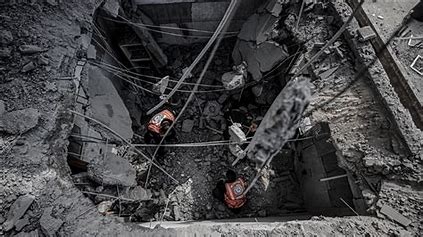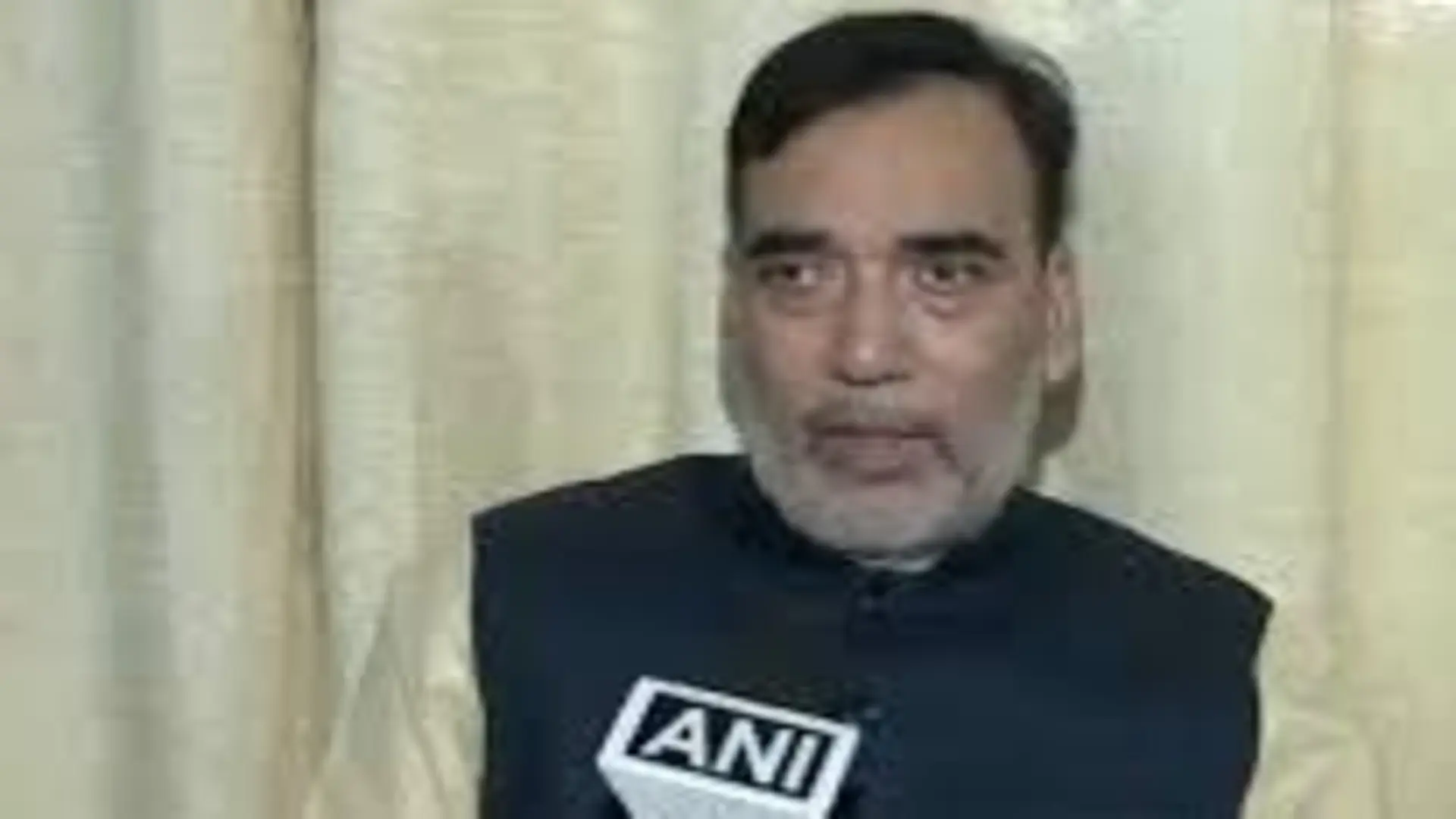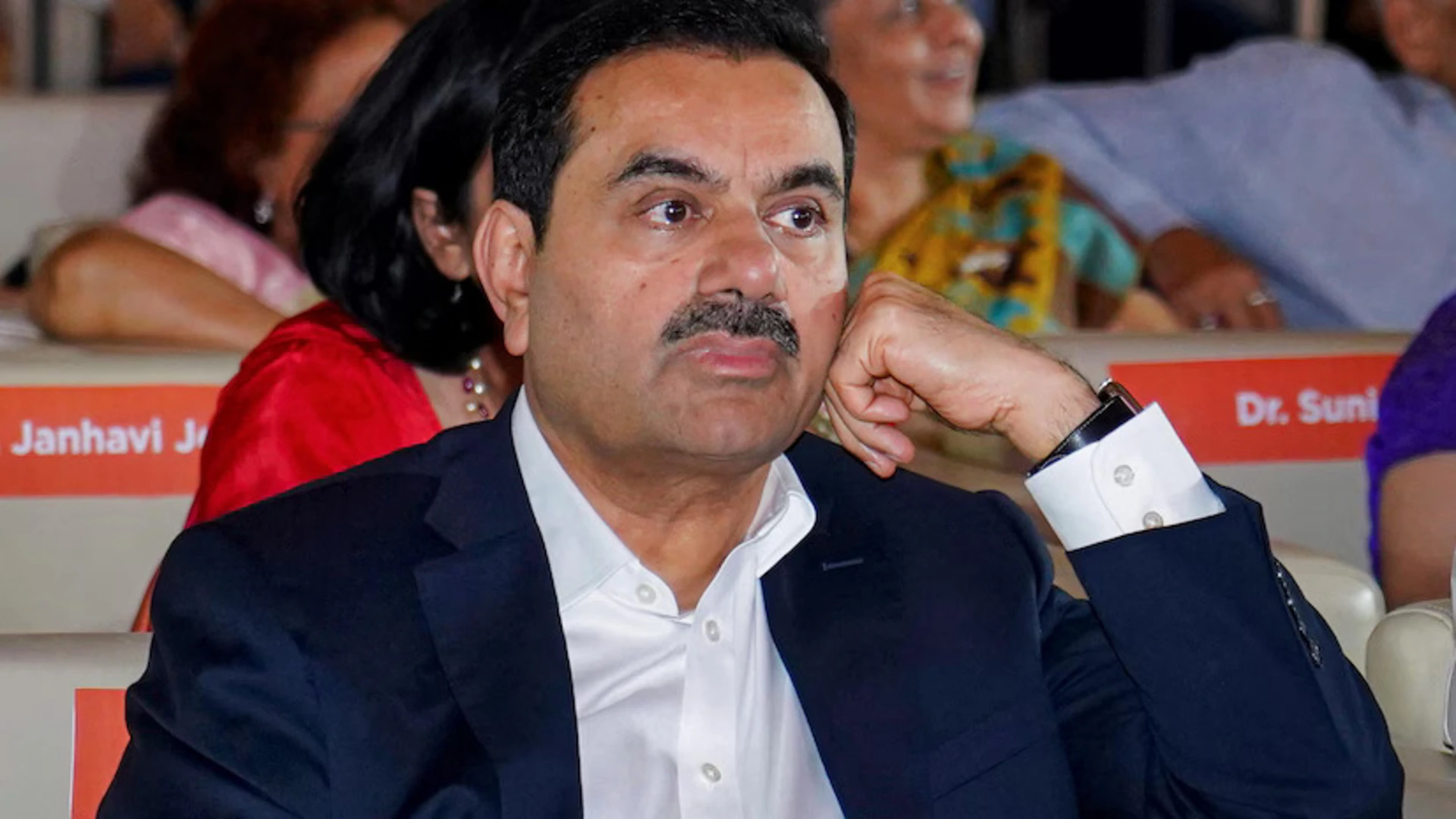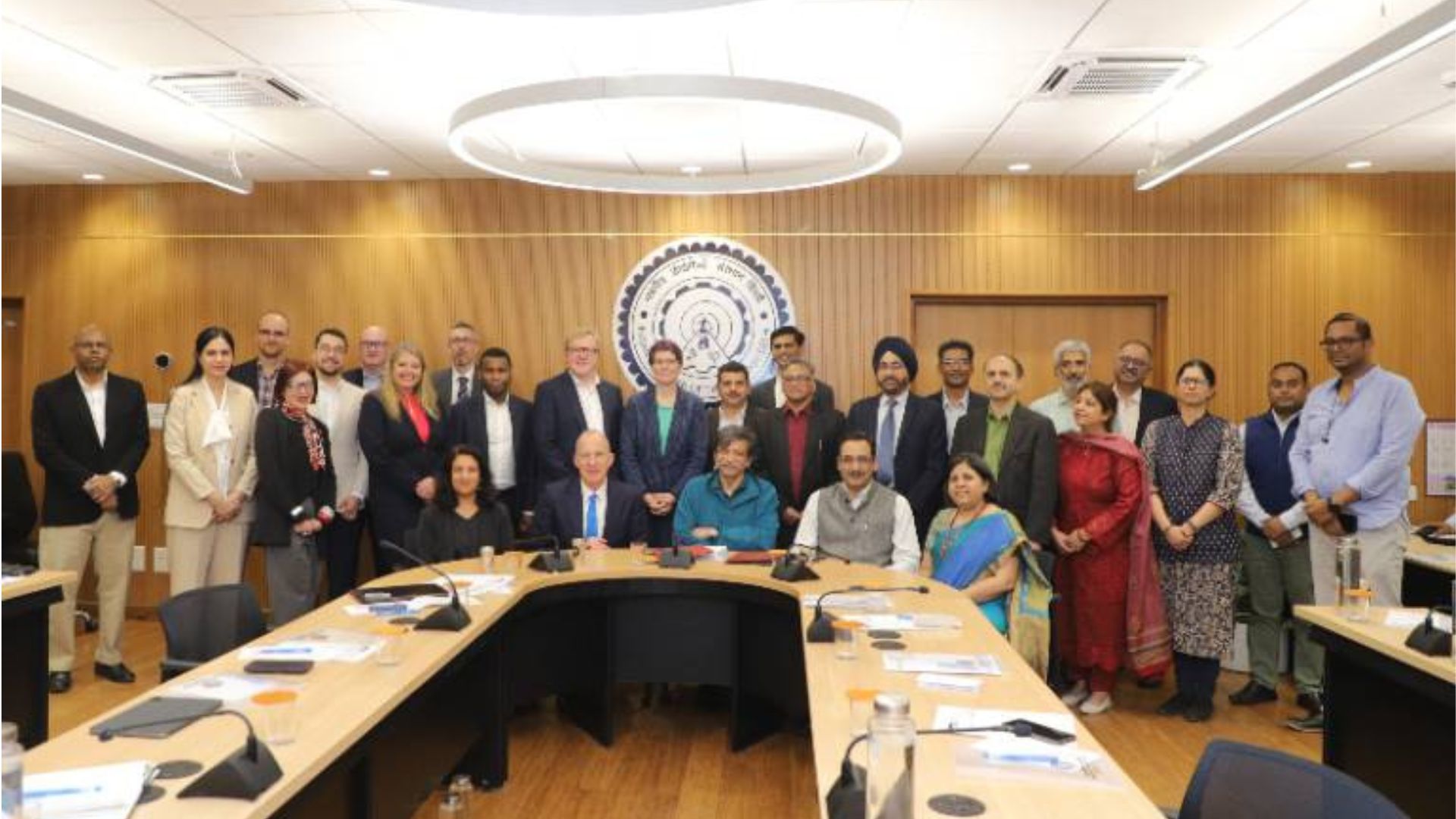
In the previous piece under this column, this author had expanded on the relationship between constitutional morality, public morality and moral diversity. As part of the said discussion, this author had opined as follows:
“Is the Judiciary part of “the State” under Article 12? While there exists a significant amount of debate around this question, the Supreme Court has held that Courts are not “State” when they exercise judicial functions, but may attract the definition in the exercise of non-judicial or administrative functions.
What this means for the discussion at hand is that, for the purposes of imposing reasonable restrictions on fundamental rights available under Articles 19(1)(a), 19(1)(c), 25(1) and 26 citing “public morality” or “public heath” or “public decency” or “public order”, the judiciary does not fall within the definition of State. That power is exclusively available to the Executive and the Legislature, which constitute the State. This position is consistent with the history of the drafting of the Constitution on availability of (a) fundamental rights, and (b) constitutional remedies against the State to enforce fundamental rights through Courts of law either under Articles 32 or 226.”
The fundamental premise behind the above-extracted line of enquiry is that fundamental rights and the remedies to enforce them go hand in hand. This much is agreed upon by scholars of Constitutional law including the legendary H.M. Seervai (refer to Page 391 of Volume 1 of the Fourth Edition of Seervai’s Constitutional Law of India). Therefore, if the Judiciary has the right to abridge fundamental rights on grounds of “public morality” even in the absence of Executive or Legislative action, it must be equally available to an aggrieved party to invoke remedies under Articles 32 or 226 against such judicial action.
Given the implications of this line of enquiry, the question of whether the Judiciary falls within the meaning of “State” under Article 12 warrants a deeper examination based on the history of the drafting of the Constitution. The reason why history becomes relevant is to ascertain the intent of the framers which sheds light on what the position of law is, as opposed to muddling the issue by entering into a subjective enquiry of what the law must be.
Extracted below is Article 12:
“Article 12. Definition- In this part, unless the context otherwise requires, “the State” includes the Government and Parliament of India, and the Government and the Legislature of each of the States and all local or other authorities within the territory of India or under the control of India.”
The following points emerge from the definition, in particular the underscored and emboldened portions:
Is “local authority” defined in any statute? Yes, Section 3(31) of the General Clauses Act 1897 defines local authorities as follows:
“local authority” shall mean a municipal committee, district board, body of port Commissioners or other authority legally entitled to, or entrusted by the Government with, the control or management of a municipal or local fund.
Clearly, the reference in the above-definition is to a non-judicial body.
Was the meaning and import of “all local or other authorities”, including the definition under the General Clauses Act, specifically discussed in the Constituent Assembly Debates? Yes, on November 25, 1948, this was the specific subject of discussion in the context of an amendment moved by Dr. Ambedkar with reference to Draft Article 7 which would later become Article 12 of the Constitution.
The discussions held on the said date reveal that even when Dr. Ambedkar was asked to shed light on the seemingly vague contours of “all local or other authorities”, the clarification sought was limited to the question of the metes and bounds of “local” in order to understand if even municipal and district authorities would fall within the ambit of State under Article 12. In other words, even the ones who sought such a clarification were not under the impression that the Judiciary was even remotely envisaged as forming part of the State under Article 12.
Sample the following excerpts from the query of one of the members, Shri Mahboob Ali Baig Sahib Bahadur, who sought deletion of “and all local or other authorities within the territory of India or under the control of the Government of India” from Draft Article 7:
“Sir, I consider that it is not advisable that an expression in a legislative enactment should bear different meanings in different parts of the enactment. It will create confusion. Therefore, I wish this definition of `state’ has not been entered in this article at all. Further this expression `state’ includes the government of India and its parliament, the governments of the states, i.e., the Provincial states, I think, and its legislature and the local bodies. I know that local authorities have been defined in the General Clauses Act, as District Boards and Municipalities. But I do not know what those `other authorities’ are.
Is there-any necessity for us to include other authorities which are not defined either here or anywhere else? Therefore, Sir, as far as this part of the Constitution is concerned, the State is defined in a manner which is comprehensive of all institutions, whether they are legislative bodies, executive bodies or executive authority or the municipal or district boards or for the matter of that even the co-operative institutions, or according to me, even other authorities, such as the sub-magistrates of a locality. So the word `State’ is used to include a man in authority under the circumstances anywhere. That is too wide a definition of the word `State’. When this definition is given to the same expression used, say for instance in article 13 let us see what is its effect. I may read to you, Sir, sub-clause (2) of article 13.
“Nothing in sub-clause (a) of clause (1) of this article shall affect the operation of any existing law, or prevent the State from making any law, relating to libel, slander, defamation, sedition or any other matter which offends against decency or morality or undermines the authority or foundation of the State.”
That means the local body or the executive of a province or even a Sub-Magistrate might pass any order or the local body might pass any bye-law or resolution modifying the Fundamental Right given under sub-clause (a)of clause 1 of article 13. Now, it may be contended that the expression is “making any law”. Now, let us see whether `law’ has been defined here. Law has not been defined for the entire part, but it has been defined for a certain article – article 8, clause (3). There, it is stated that –
“………..law’ includes any Ordinance order, bye-law,rule, regulation, notification, custom or usage having the force of law in the territory of India or any part thereof.”
But law has not been defined generally, but it has been defined only for the purpose of article 8, to cover any order that is passed, any bye-law; that suits very well here, as we are abrogating all laws which are inconsistent with Fundamental Rights. If any Magistrate or any municipal body passed any law which derogates from the Fundamental Rights, that shall be considered void. So far so good. But has law not been defined for the purpose of Part III? It may be argued from the analogy of the law defined under clause (3) of article 8, that any order or bye-law passed by a local body or order that may be passed by any other authority may be included in the expression `Law’ in Part III. But what that “any other authority” is, has not been defined. Therefore, it may be contended, and very rightly perhaps, that a Magistrate or a local body or even a collector or even a Minister might pass an order, or make a notification abridging the rights that are given under sub-clause (a) of clause (1) of article 13. Therefore, my submission is, especially in the absence of a definition of law, and in the light of the definition of law under clause(3) of article 8, it will not only create confusion, but it might tend to the usurpation of those rights, and to nullify and abridge the fundamental rights given under clause (1).Sir, I am aware that article 7 says, “unless the context otherwise requires,….”.
I know that it might be contended that that expression answers my objection. But my submission is this. It is not only law that is passed by a legislature that is law. What is law, must be made quite clear. Unless that is done, the executive might pass an order, or put out a notification and that too might claim to come under this expression. Otherwise, as far as this part is concerned, there is no place at all for any executive authority to make any law to make anything, say anything or do anything. You have stated in all these places – “Nothing…shall…prevent the State from making any law, imposing in the interests of public order restrictions on the etc. etc.” That clearly shows that a magistrate might pass an order restricting the right of a person or persons to assemble peacefully.
So, when this expression is susceptible of being interpreted as giving authority to a district magistrate, an executive body to abridge the rights given here, with equal weight it maybe contended by a local body or by some other authority – and you have not defined your authority. Therefore, I submit, if it is meant that all the authorities mentioned in this article have got the right to abridge rights, the fundamental rights mentioned in clause (1) of article 13, it might lead to absurd results. As I said, a magistrate or even a petty officer in authority can rightly claim under this article to have the authority to abridge a citizen’s rights. Therefore, my submission is, either this article is unnecessary, or if you really mean that any officer in authority has got right to abridge the fundamental rights, I submit that this clause should not find a place here at all. It leads to confusion.”
The detailed extraction of Shri Baig’s contention is necessary since it demonstrates that even those who were opposed to the language proposed by Dr. Ambedkar for the definition of the State were clear that the reference was only to legislative or executive bodies, but not to the judiciary by any stretch of imagination. This is further corroborated by the response of Dr. Ambedkar to Shri Baig’s query, which is extracted as follows:
“The object of the Fundamental Rights is two-fold. First, that every citizen must be in a position to claim those rights. Secondly, they must be binding upon every authority – I shall presently explain what the word “authority” means – upon every authority which has got either the power to make laws or the power to have discretion vested in it. Therefore, it is quite clear that if the Fundamental Rights are to be clear, then they must be binding not only upon the Central Government, they must not only be binding upon the Provincial Government, they must not only be binding upon the Governments established in the Indian States, they must also be binding upon District Local Boards, Municipalities, even village panchayats and taluk boards, in fact, every authority which has been created bylaw and which has got certain power to make laws, to make rules, or make by-laws.
If that proposition is accepted – and I do not see anyone who cares for Fundamental Rights can object to such a universal obligation being imposed upon every authority created by law – then, what are we to do to make our intention clear? There are two ways of doing it. One way is to use a composite phrase such as “the State”, as we have done in article 7; or, to keep on repeating every time, “the Central Government, the Provincial Government, the State Government, the Municipality, the Local Board, the Port Trust, or any other authority“. It seems to me not only most cumbersome but stupid to keep on repeating this phraseology every time we have to make a reference to some authority. The wisest course is to have this comprehensive phrase and to economies in words. I hope that my friend will now understand why we have used the word “State” in this article and why this article must stand as part of this Constitution.”
Clearly, there is not the slightest of suggestions either in the query of Shri Baig or the response of Dr. Ambedkar that the definition of State in Draft Article 7 (now Article 12) extends to the judiciary. On the basis of this history, it can be reasonably stated that Part III of the Constitution, which deals with fundamental rights and the remedies to enforce them, has been crafted with a view to protect fundamental rights from unreasonable and summary abridgement by legislative and executive bodies of all grades who form the “State”. The role of the judiciary is limited to exercising its power of judicial review under Articles 32 and 226 to assess the constitutional validity of such State action.
In the next piece, this author will discuss the Supreme Court’s treatment of the said question with reference to a few landmark judgements. The said discussion will also touch upon the manner in which the doctrine of separation of powers not only demarcates territories between the Legislature, the Executive and the Judiciary, but not also lays down a system of checks and balances in the event of transgressions by any of them.
J. Sai Deepak is an Advocate practising as an arguing counsel before the Supreme Court of India and the High Court of Delhi.















